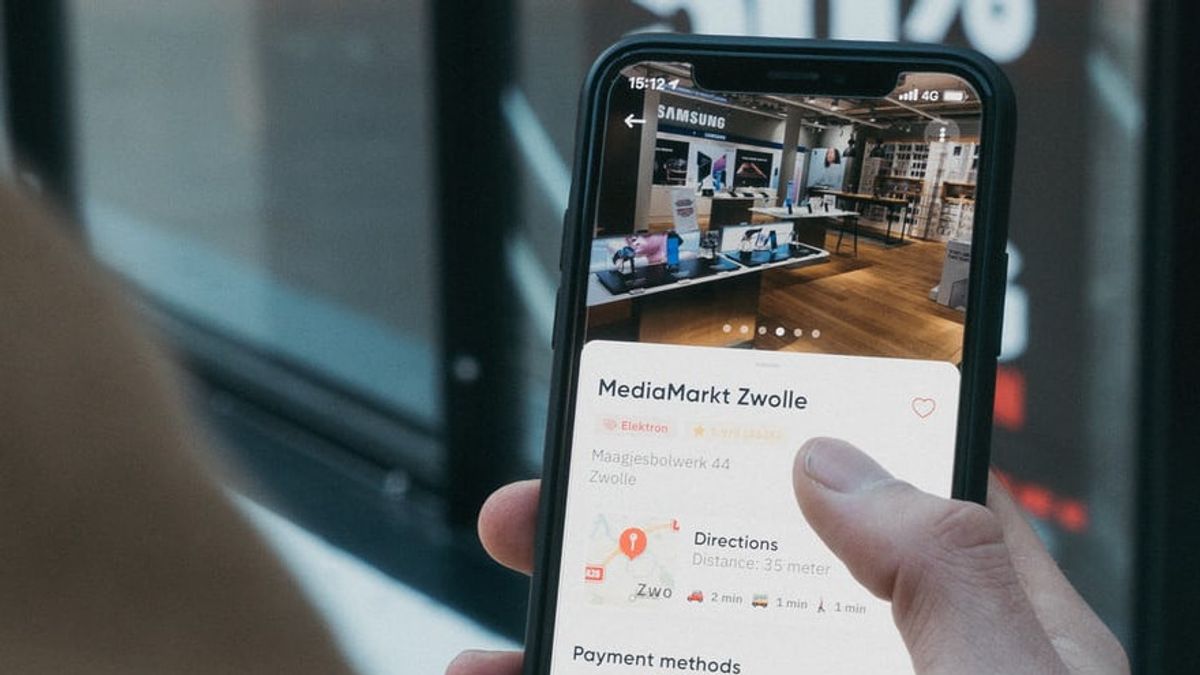So they share more personal data every minute, hence privacy is undoubtedly a bigger risk to be concerned about. A new survey from Ping Identity has found that more internet users are willing to stop using online shopping sites or other digital platforms if they find the experience complicated or invasive.
The Ping Identity survey involved 3,400 consumers across the United States (US), United Kingdom, Germany, France, and Australia about their experiences registering with websites and their attitudes towards online privacy.
As a result, 77 percent of respondents have left or stopped creating online accounts for a number of reasons, including requests for too much personal information (40 percent) and too many security measures (29 percent). More than half of respondents leave online services immediately if they feel logging in is too complicated and 63 percent of respondents said they would likely switch to a competitor if they found it easier to authenticate their identity.
It said the chief customer information officer for Ping Identity, Richard Bird, said businesses needed to integrate their security, privacy and user experience strategies to meet the expectations of modern consumers.
"Individuals don't hesitate to find a better experience elsewhere, so companies that prioritize customer experience now will gain long-term loyalty," said Bird as quoted by ZDNet, Wednesday, September 22.
Nearly 60 percent of respondents agree with the idea of storing their personal information in a digital ID on their smartphone, but 46 percent say they prefer to use a service or site that offers alternative passwords.
While 44 percent of them admitted to using a weak password, with another 29 percent saying they made only minor changes to the old password. Another fifteen percent just reuse old passwords. Surprisingly, 40 percent of respondents were unable to answer questions about their security.
Consumers are also increasingly showing interest in understanding how websites and online services share their information, with 85 percent wanting to know how their personal information is shared and 72 percent stating that it is difficult to find this information.
For consumers in Germany, the numbers are even higher, with 90 percent reporting an interest in knowing how companies share their personal information. Nearly 70 percent of respondents in the US said they had stopped using online services because of privacy concerns. More than 70 percent of respondents have changed their profile to address privacy concerns, and this issue is even more pronounced for Gen Z, 89 percent of whom adjust their profile settings to control their privacy.
While 60 percent of consumers cancel accounts due to privacy concerns and almost half of the respondents have done this more than once. Interestingly, consumers in France are the most diligent in resetting their passwords with stronger passwords. Passwords are also a red line for many consumers in the US, with one in five saying they are more likely to use online services that don't require them.
SEE ALSO:
The English, Chinese, Japanese, Arabic, and French versions are automatically generated by the AI. So there may still be inaccuracies in translating, please always see Indonesian as our main language. (system supported by DigitalSiber.id)















